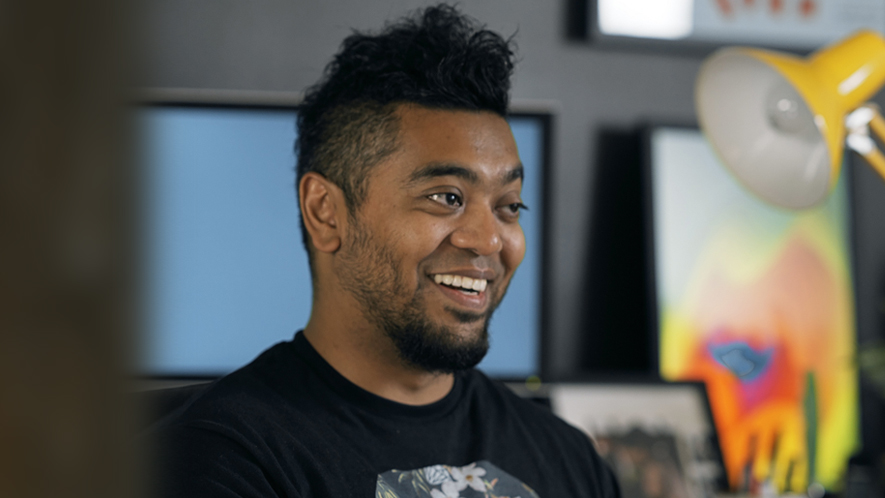



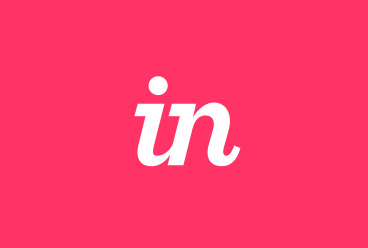
Collaborate, design, prototype, test, and ship better products, faster—with InVision
Dann—What does freelancing mean to you? I mean, what do you think when you hear that word, “freelance”?
Dan—[▶] I think freelancing means that you're not specifically tied to one entity. So I think it means that you're free to go about working with as many people as you can. I don't think that it’s something that’s exclusive to freelancers but I think it’s certainly one of the defining characteristics of a freelancer.
I think the term freelancer, when you say it, you get this picture of like, the person living in their mom’s basement, you know coding until three in the morning, eating Cheetos and drinking Mountain Dew.
I think that’s a really tough thing when it comes to a business trying to hire a serious professional. So I think that sometimes that word doesn't do you justice. So I tend to stay away from the word freelancer. Mostly because I don't want people to think of me, or my work, or the caliber of my work, or the quality of it and the people that I work with, I don't want them to think about it in that way.
Dann—What’s it take to become a freelancer? What important qualities do you need to have you think?
Dan—[▶] I think a freelancer needs, maybe one of the most important things a freelancer needs, is the ability to manage themselves. You know, because you have this ability to kind of move from job to job, really oversight is your own. So I think you got to be especially good at that and I also think the ability to be a generalist is really important because when you’re working by yourself, you sorta have to do everything, right? You're the CEO but you're also the janitor— like you got to take care of the plants too so, and I know firsthand I got some plants that are weathering here [laughing], so I'm not doing a good job of that. So I think either you have to have the ability to manage all of that on your own or you should have the ability to be able to delegate.
I think there's an important interesting time in the life of a freelancer when you decide I want to team up with somebody or I want to collaborate with somebody or hire somebody to do the jobs that I’m not particularly good at. I think that's one of the turning points, for a lot of freelancers, into how they turn into an agency—how they start creating an agency. They go “I'm not interested in doing this thing” or “I'm not good at doing this thing”, maybe I can work with someone else who is.
Being good at your craft is a really important quality of being a freelancer. If you’re good at design or writing or coding, I think that's the foundational level. That’s thing number one. But it's sort of like, if a tree falls in the forest and nobody hears it [laughing], you know it doesn’t make a sound. I think if a freelancer does the best design but nobody knows about it, are they really a good designer? Um, and, I certainly air on the side of...no they're not. I do think that, you know, in the same way that you have to be good at being a janitor as well as being a CEO, I think you do have to be good at promotion and sales and things like that.
I feel like the better you are at that, the better of a freelancer it makes you. Because, I think that's crucial to the job. Especially in the design world, part of your job is communication. Like part of your job is to help people to figure out how to say things that they're not able to say. If you can't do that for yourself, that's a really poor showing. It’s like going to the designer's website who doesn't have a good website, it doesn't give the person trying to hire them a lot of confidence that they’ll get a good result out of it. So I think there’s certainly, you know, you don't have to be a sales-person. But I think you should have a quality of sales about you. You should have part of that skill. And you don’t necessarily have to be that skill, but I think having a part of it is certainly helpful.
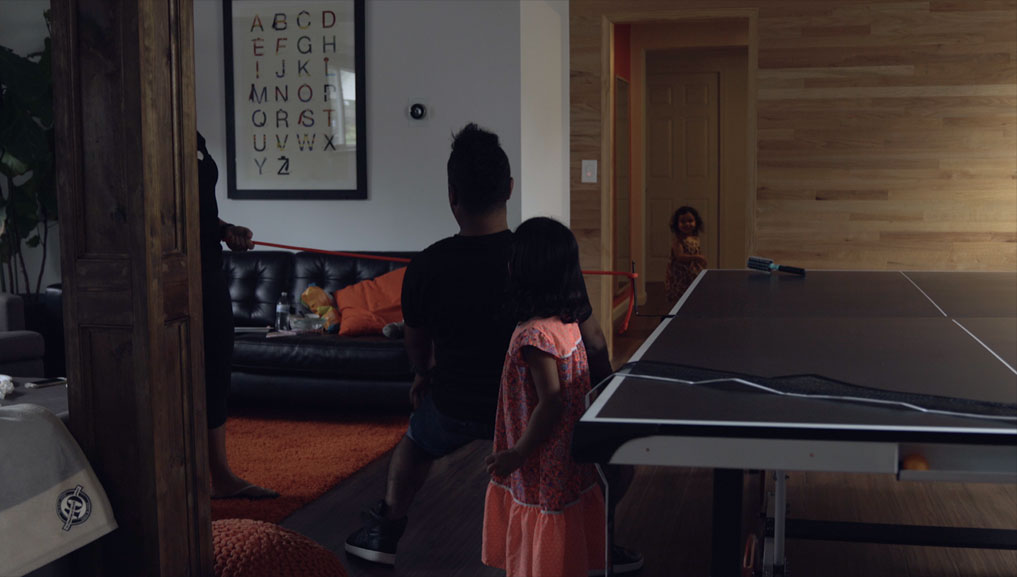
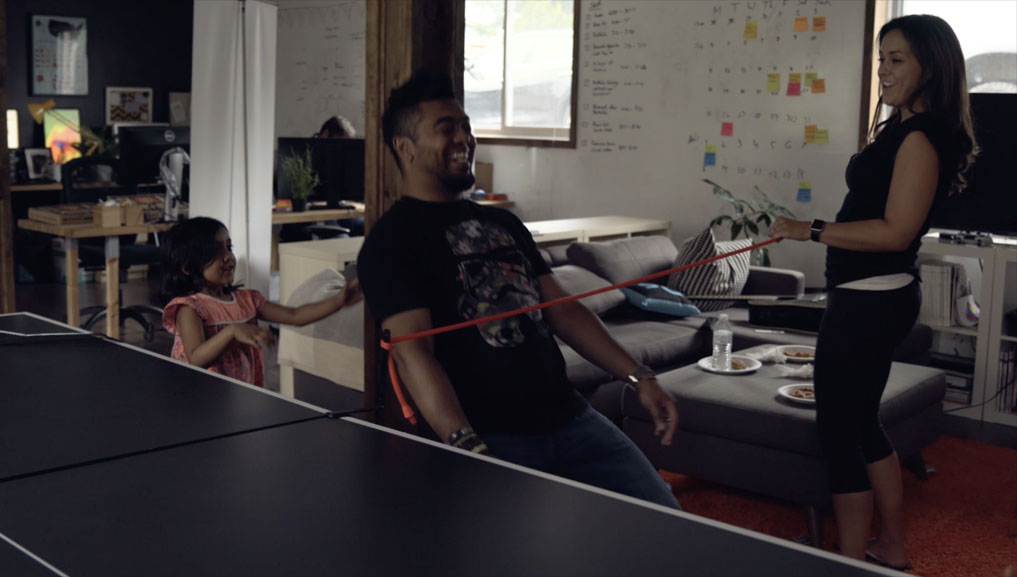
Dann—Do you think anyone can become a freelancer?
Dan—[▶] I think everyone has capacity to do it. I think everybody has the capacity to freelance. I don’t know that everybody can or does. So I’m certainly a believer in people, that people can learn skills really quickly and can learn learn, um, learn how to do things that are out of the comfort zone. But I do think it takes sacrifice and discipline and investment and that's the thing, that those are things that not a lot of people are willing to invest.
Dann—I’m up all hours of the day, when do you usually get your work done?
Dan—[▶] Most of my work I get done between the hours of 5 and 7 AM so, I’m a pretty early riser. I find it that's the time I'm not bothered, nobody's emailing, nobody's tweeting. I am not compelled to use those things. So I get most of my work done for the day between 5 and 7 AM. And then I take a couple hours break, get my kids ready for school, and spend time with my family, my wife, my kids, eat breakfast together, and then probably ramp back up around 10 o'clock, 10-10:30.
Dann—So why freelance instead of going full time at a company?
Dan—[▶] Working at a company has its own constraints and some of those constraints are really great for some people and some of them aren’t. And I think a good reason to freelance is when you know that you don't fit in the constraints. Or you don't want to work in the constraints that particular organization has and it could be agency, or in-house, or product team.
I know for me, of one of the things that I really wanted to do was stay home with my kids. You know when I started Superfriendly, I thought that was a thing I wanted, to stay home with my kids and my wife. And just be home as much as possible. I actually thought it'd be really rude of me to say to my boss at the time, “Hey could I, can I just work from home even though nobody else works from home here? Could I be the exception to the rule?” I think in a lot of scenarios when you’re the exception to the rule, maybe that's a sign that you should have, you should create a new space, a new environment, where you’re not the exception that is the rule. Where the rule is that, people do work from home. Like maybe that means working for a different company.
Maybe that means starting your own where you can have your own set of constraints that you're like, you're good to abide under. So I think for me that was one of the things for me where I just felt like it would've been, it would've been really rude to the rest of the team to say “I know you are all working in an office, and I don't want to do that. So, I would like you to do extra work to cater for me.” That was one of the first times to me that, well maybe I should try to start my own thing and see how that works for me.
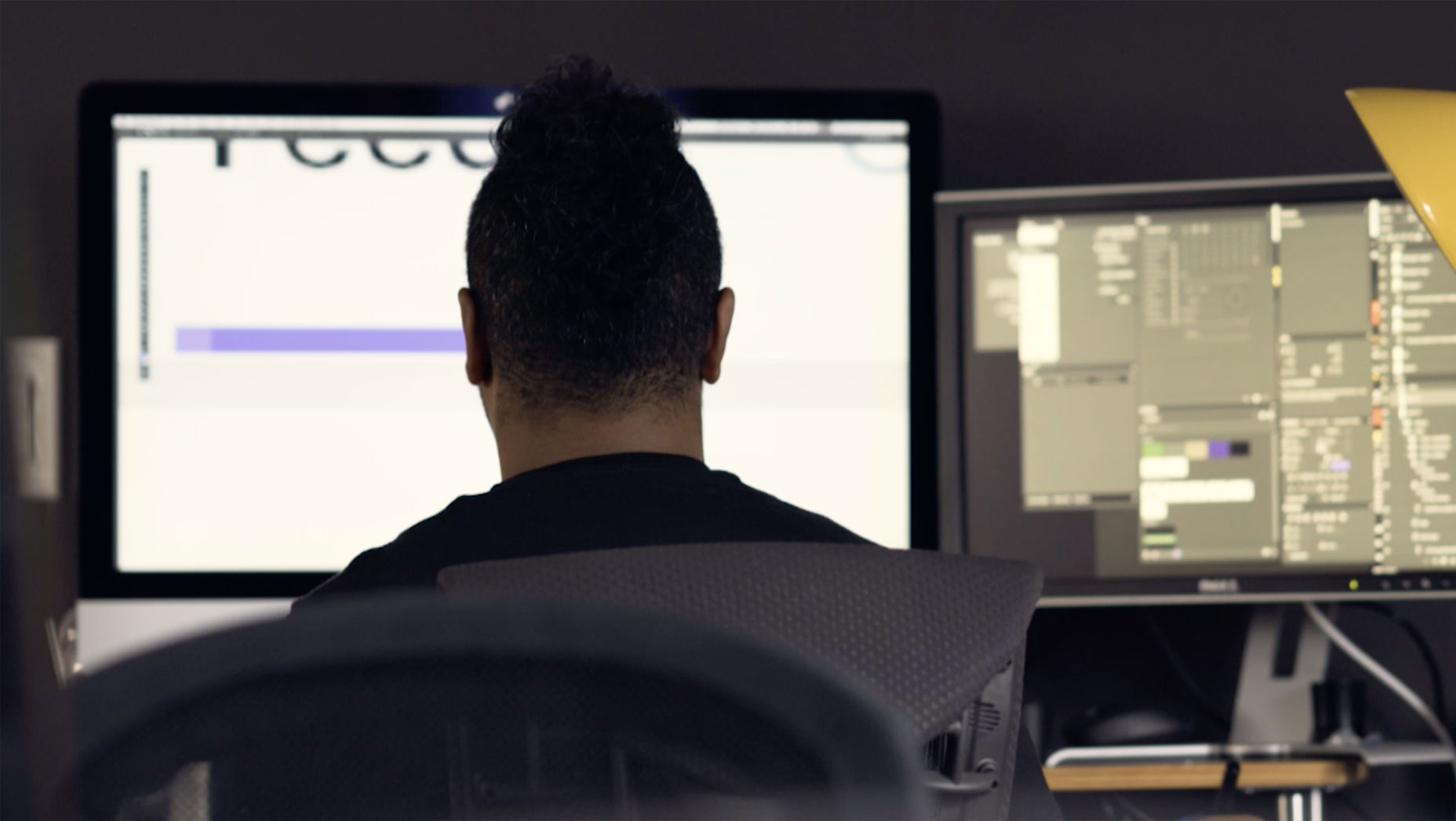
Dan—[▶] I think having my own space and having the ability to spend my time as I want to, um, I think is really important. And I certainly respect that when I work for somebody else that I'm part of my job is to spend my time the way that they want me. And so that was certainly a big thing for me was to say like if I want to dictate my own, I should try to make it possible for me to be able to dictate my own terms.
Dann—How did you make the decision, with a family, to go out on your own?
Dan—[▶] When it comes to the work that I do, I very much see that as a family thing. It’s a thing that is a decision, like those are decisions that I make on behalf of my family. In starting my own business, I actually didn’t have to convince my wife, or my kids, or anybody that I need to do that. That's actually a thing that we decided together.
So, I was never interested in working on my own. I actually feel like one of my biggest still the strongest skills is actually being like a good right-hand man to someone else. Like that I feel like I do well working for someone else. Especially when somebody else is in charge, I feel like I'm really good being like a, a good lieutenant. So I always felt like a good thing for me to do was to work for somebody, because that it’s hard to be a lieutenant when you don’t work for somebody and you’re the only one there.
My wife and I have always talked about me running my own business or working on my own and I was never interested in it. But she was more and more interested in it. And as our family started to grow, as we decided to have kids, that was something that made me want to do it even more. Is that I can have a space to be able to figure out what our family looks like first as the first priority and then figure out how work fits into that as a second priority. So we made a decision together. And one of the things that really helps to kinda take the rest away from both of us, is that we both decided to make an investment towards that. So the year before my first daughter was born, I worked two full-time jobs. I worked for a studio. I worked at an agency during the day and I came home and I ate dinner with my wife and then I worked a second full-time job at night. I did that for a year to figure out what kinks I could work out. I figured out what rates clients are willing to charge. I figured out what services client wanted to buy. I figured out what I was really good at. I figured out what I was good at that I didn't want to do. I figured out what I was bad at. I figured out what I was bad at that actually clients were asking for so I should get better at that stuff. So I had basically a whole year under my belt before I opened my own business to kind of figure out some of those things. So day one of opening Superfriendly wasn't really day one, it was like year one, day one. Because I feel like I had a lot of that already figured out by the time I started.
It was a year of not a lot of sleep [laughing] but it was a year that like, I think the learnings from that year I'm still riding off of those, you know, seven years later. I feel like had I not done that I would've been floundering a lot more. But because I had very little risk at that time, like I was getting really well paid at the agency I was working at. So I could be really bold in the choices I made as a freelancer, to be able to pitch outrageous rates, or crazy projects, or just wild ideas and if the client said “no” it wasn't like I was hurting for the cash. It wasn’t like I really needed to do it. It was just a lesson to me that, oh a client is not willing to pay for this or this context wasn’t right for that to happen. And those are really valuable lessons to learn when you don't have any risk. At least financial risks.
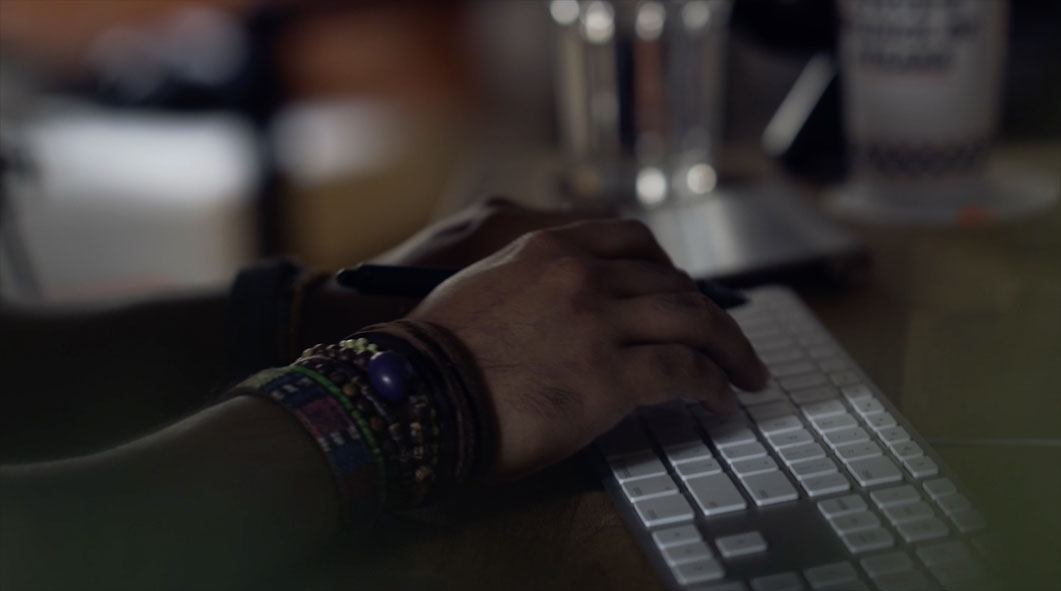
Dann—Do you think you can make a lot of money freelancing?
Dan—[▶] I think people can make a lot of money freelancing. I mean if you think about where most designers and developers work, they work at agencies, and specifically with an agency, with a service business, that agency takes a lot of margin, and has a lot of overhead, and the distance between what they’re billing you out at and what you might make it, is very far sometimes. You know sometimes you’re getting paid if you break down your hourly rate or something like that, you might be getting paid $30 or $40 an hour and getting billed out at $200 and $250 an hour. That’s a major margin that you’re getting and so by working on your own you adopt a lot of responsibility, but in return for that you get a lot of that margin back. So even if you bump your rate to $80 an hour, I mean that's a lot cheaper than other agencies and you get a lot of that margin. You basically just doubled your salary right there. So I think like, from a purely numbers perspective, you can make a lot of money, you just gotta put the work in.